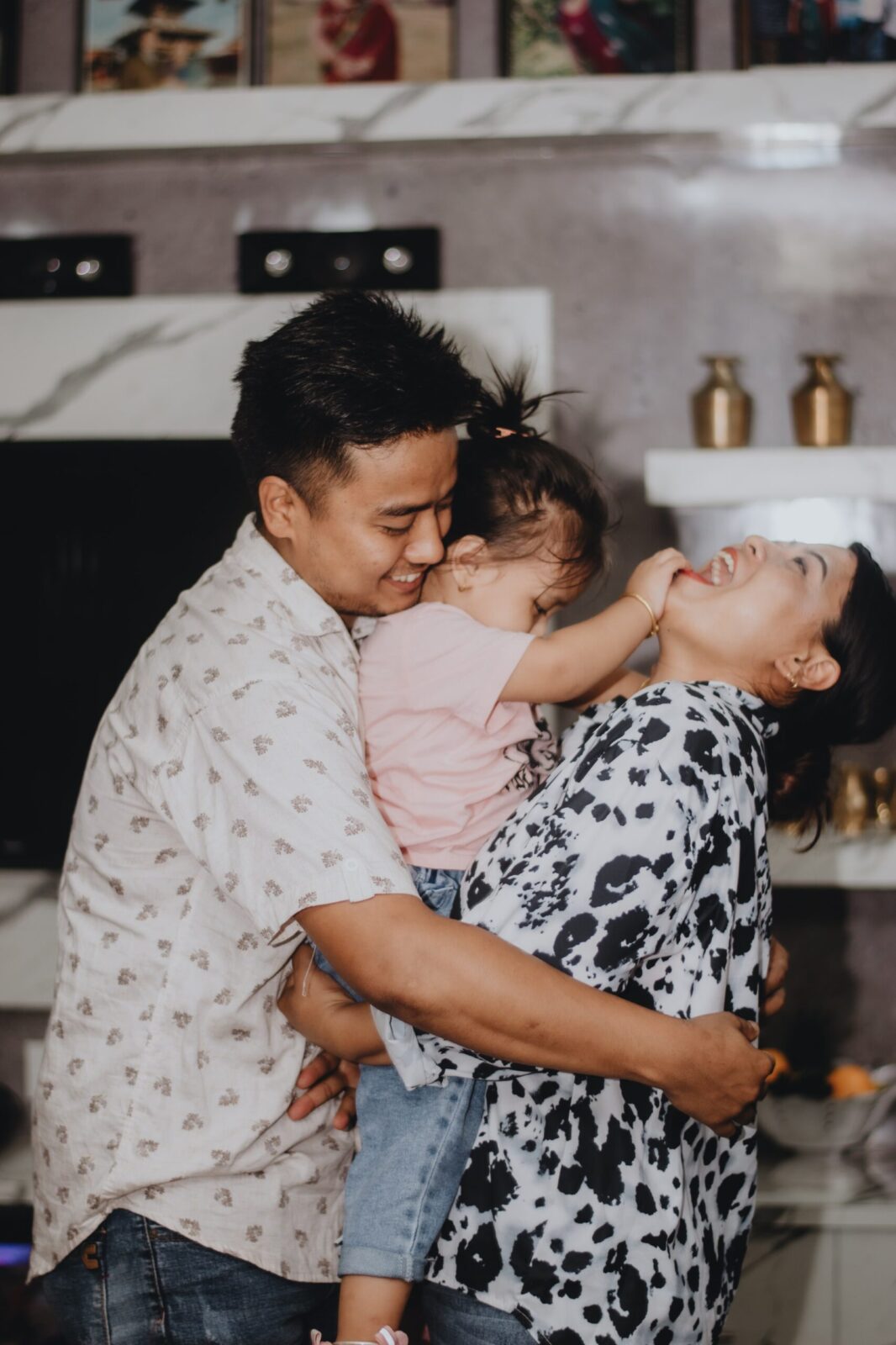How to Choose the Real and Now Over the Online Cravings
This is Part Five of a nine-part series published over nine consecutive weeks.
For the Online Entry Point (OEP) strategy to work, try as much as you can to not go online at all during your personal time.
Staying on Track Without Losing Your Enjoyment of Life
One way to achieve this objective is to make a list called “Evenings/weekends screen list” and put on the list anything you need to do online during nonwork hours.
For example, suppose it is 8:30 p.m. and you are finishing dinner and not sure if someone is going to meet you for lunch the next day. You’re beginning to feel anxious about it. Going online to check is likely to lead to Digital Drift, where you then engage in other activities online and soon you’ve drop-punted your evening.
Instead, write down in your planner to check the following morning whether the email has come in and the lunch is confirmed.
Writing down a task you would like to complete tomorrow is an excellent way to relieve your stress and preoccupation with the task, as one of the healthy functions of stress and worry is to ensure you pay attention to something that would be damaging to you to forget.
Waiting to check a lunch confirmation is one example, but there are many other tasks we think are urgent in the moment that, through slowing down, we realize are really not that urgent at all. You can make the decision to table them to discrete time blocks in your schedule—online periods—where you tend to all such issues.
Putting a Label on Online Time
Keeping online and offline periods distinct is likely to result in much more offline time, which will reduce your stress level and yield more strategic thinking and time to reflect on what’s most important in your life.
“That creates anxiety just thinking about it,” you may say to yourself. “I want to know what I will be doing the next day.”
The truth is that, even when you check the next message, you are likely to continue cruising down the road you’ve been traveling on, called Feel Anxiety About What’s Next Avenue. Actually, it’s more like a cul-de-sac from which you can’t escape. Whatever it is, that’s too long a name for a street.
Make an effort to slow down and schedule times at which you will go online and you will find that what seemed so urgent really wasn’t. You will also find that a slower pace of receiving messages from others, if managed well, achieves the dueling objectives of keeping your life on track and enjoying it along the way.
Not Allowing Your Cravings to Mold Your Life
As with any addiction, the addict must limit their use of the object that captivates their attention in order to transform their behavior from compulsive to intentional.
While the long-term goal is to no longer crave the object as much (e.g., cigarettes, sex, drugs, TV, chocolate), in the short term the cravings rage. For this reason, the focus of the OEP strategy, like other behavior-limiting strategies, is on not allowing the cravings to dictate your actions.
While the early-stage beat-the-addiction strategies center around regulating behavior, or how you act, the later-stage strategies emphasize regulating cognition, or how you think. We follow this order because it’s easier to change how you act (e.g., “I won’t check email tonight after 9 p.m.”) than how you think (e.g., “I understand the reasons why checking email is harmful and therefore do not want to check email after 9 p.m.”).
What if one of the primary reasons that breaking an addiction to an activity mediated by your phone or laptop is so challenging is that it requires you to reengineer the way you think, which goes against a natural human tendency to think as little as possible?
The Cognitive Miser Meets the Internet
As it turns out, this is precisely the case.
Psychological research has found that we tend to act as “cognitive misers” and process social information automatically and unintentionally. In fact, this is one of the most agreed-upon, central findings of social psychology. People are convinced by a ten-to-one margin, for example, that the candidate they support has won a presidential debate.
Why? To think otherwise would require a greater expenditure of cognitive resources, including thoughts such as “What did the opponent say to which my candidate could have better responded?” and “What mistakes did my candidate make?”




